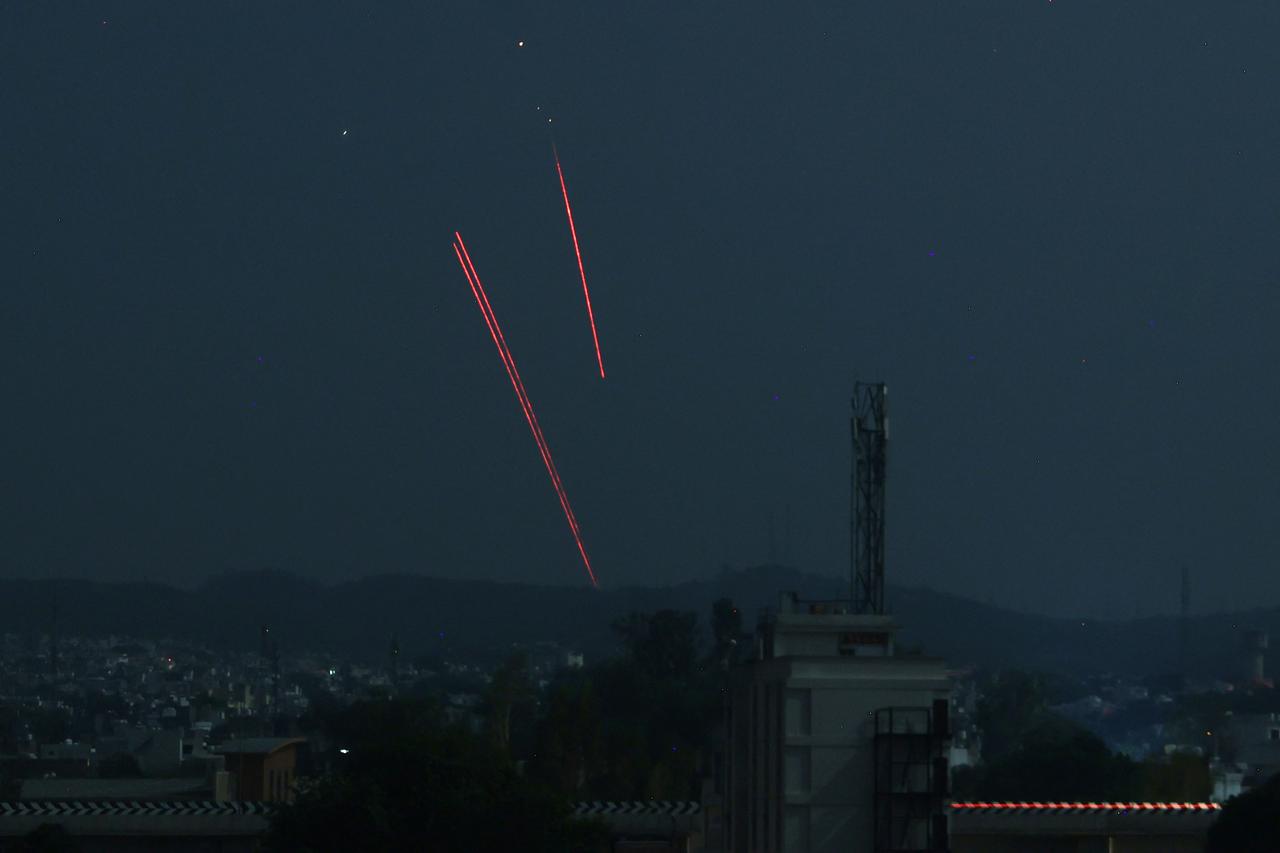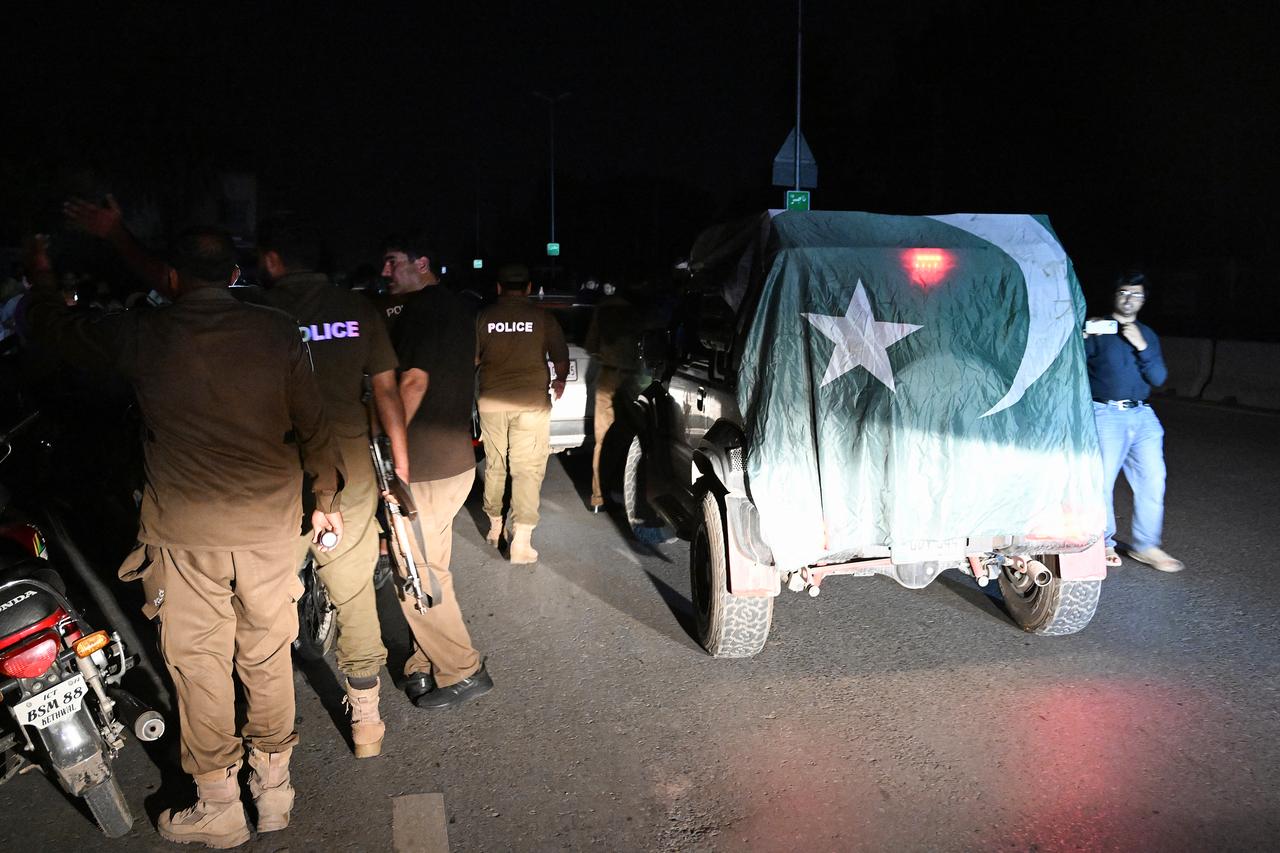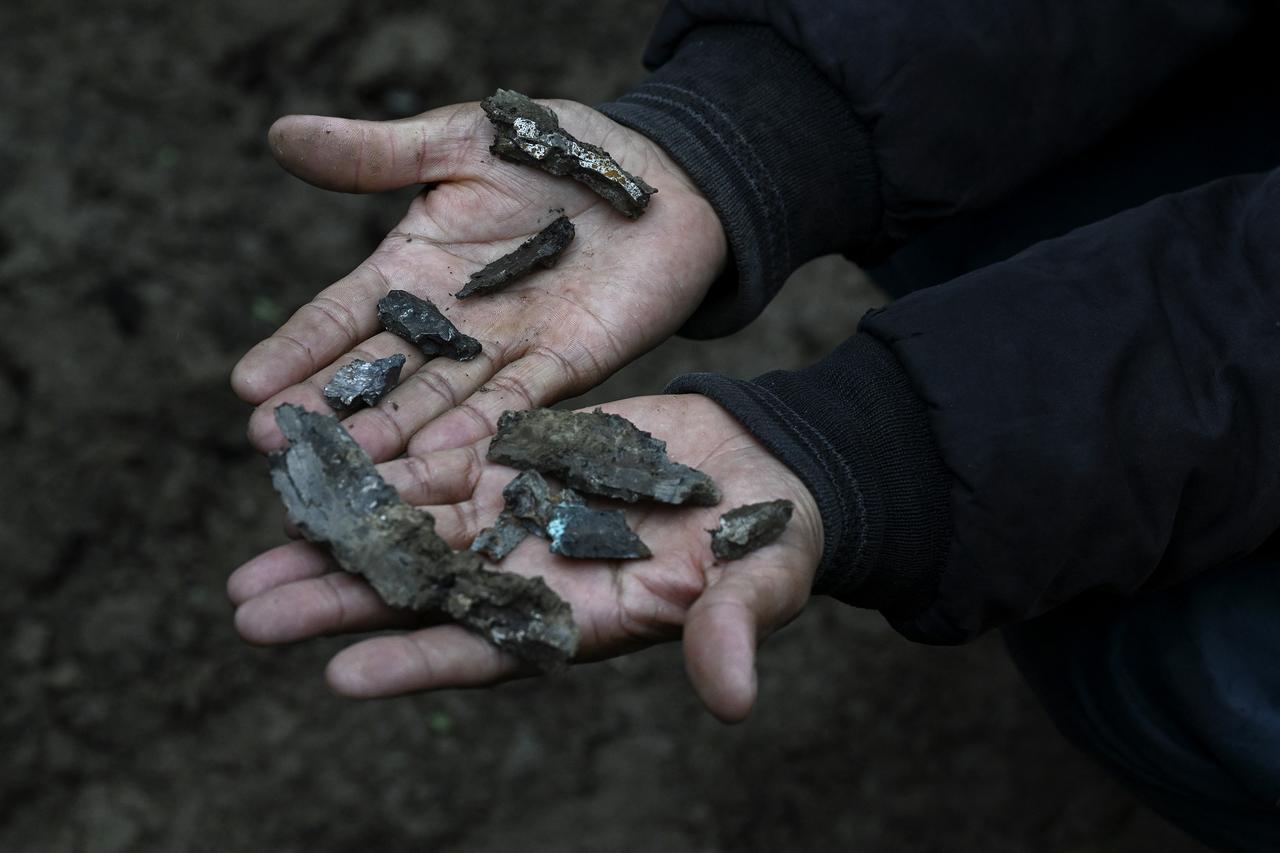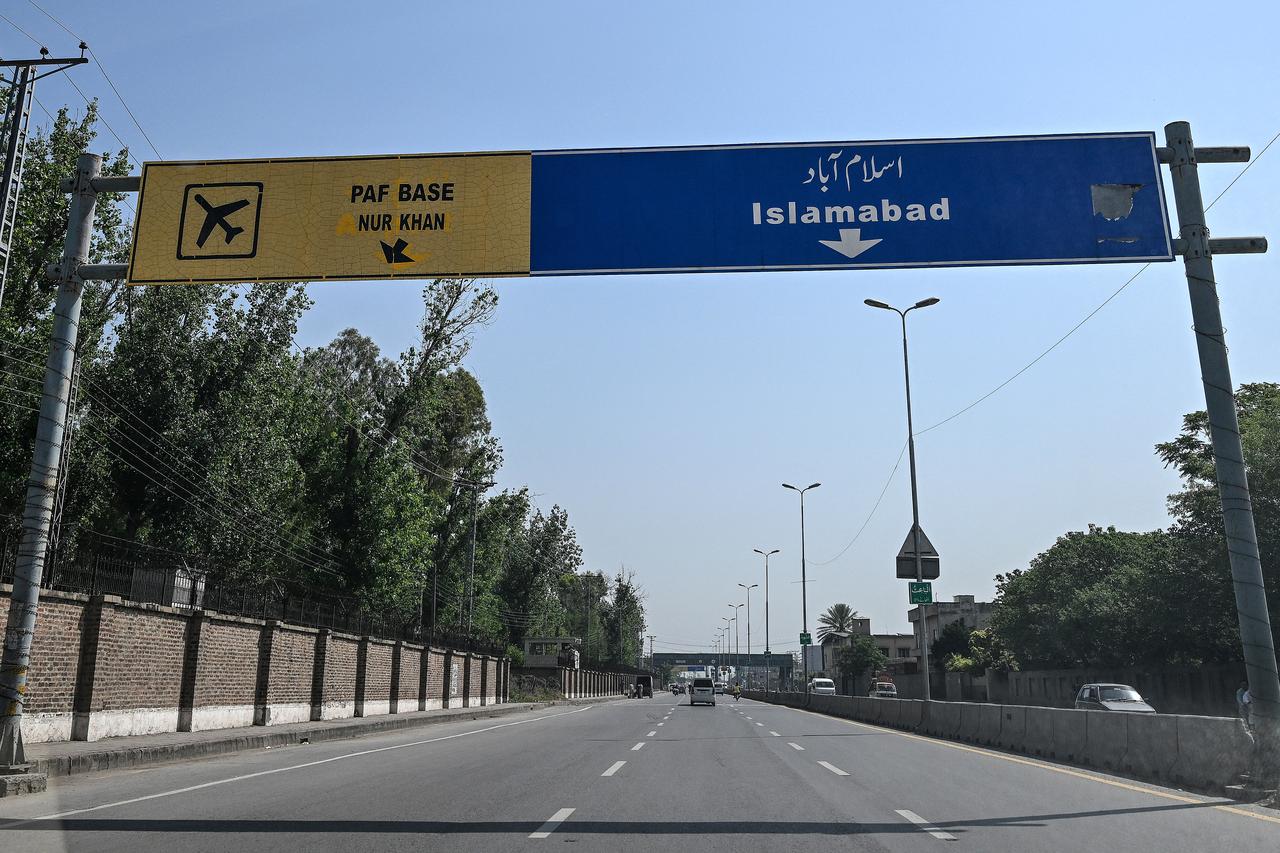
Pakistan launched retaliatory missile strikes early Saturday targeting Indian military installations, in response to India’s earlier military action that left dozens dead, according to the Pakistani army.
The Pakistani military confirmed that the strikes were part of "Operation Bunyan-un-Marsoos," or "Iron Wall," targeting missile storage facilities in India’s Beas region. The offensive was launched in retaliation to India’s "Operation Sindoor" on May 6, which Islamabad said killed 33 people and wounded 62.
State-run Pakistan Television (PTV) reported that air bases used in the May 6 strikes were hit simultaneously. "Pakistani drones are flying over the Indian capital, New Delhi," the Pakistani state broadcaster said.

According to the military, Al-Fatah missiles were used in the operation. The missile system is named after Pakistani children killed in the Indian strikes earlier this week.
Pakistan also released video footage of the strikes and claimed to have targeted key Indian sites, including Surat Garh, Sirsa, Bathinda, and Akhnoor airfields.
As of Saturday morning, India had not issued an official statement regarding the Pakistani strikes. However, Indian state broadcaster DD News reported that India retaliated against "terrorist launch pads" near Jammu and destroyed Pakistani military posts.
Indian authorities also announced the temporary closure of 32 airports in the northern and western regions and suspended 25 air traffic service routes in New Delhi and Mumbai due to operational concerns.

Speaking to Geo News, Pakistani Foreign Minister Ishaq Dar said the strikes were a “last resort” due to India’s "continued escalations."
"When and where will it stop? It all depends on what India wants," Dar said. Dar also stated that Pakistani forces intercepted around 80 Israeli-made Harop drones over the past two days and that Pakistan’s JF-17 Thunder aircraft destroyed an Indian S-400 air defense system in Adampur.
Prime Minister Shehbaz Sharif summoned an emergency session of the National Command Authority, which also oversees the country’s nuclear arsenal.
Pakistan’s airspace has been closed, and all domestic and international flights have been suspended. Earlier, Lt. Gen. Ahmad Sharif Chaudhry, a Pakistani army spokesperson, confirmed that Indian missiles targeted several airbases, including the Noor Khan Airbase near Islamabad. Most of the projectiles were intercepted, and there were no reports of damage or casualties.

U.S. Secretary of State Marco Rubio spoke with Pakistan’s army chief, Gen. Asim Munir. According to State Department spokesperson Tammy Bruce, Rubio urged “both parties to find ways to deescalate” and offered assistance for facilitating dialogue.
Rubio also contacted Pakistani Prime Minister Shehbaz Sharif and Indian Foreign Minister Subrahmanyam Jaishankar, stressing the need for "immediate de-escalation."
China’s Foreign Ministry echoed similar sentiments, urging both nations to "act in the larger interest of peace and stability." Beijing emphasized that continued hostilities pose a significant threat to regional stability.
The G7 nations and the EU issued a joint statement condemning the April 22 attack in Pahalgam that killed 26 in Indian-administered Kashmir.
"We call for immediate de-escalation and encourage both countries to engage in direct dialogue towards a peaceful outcome," the statement said.
India said 17 people were killed this week along the Line of Control in Indian-administered Kashmir. Pakistani reports also confirmed casualties along the same contested border. According to the Press Trust of India, at least five victims were reported on Saturday in the districts of Rajouri, Poonch, and Jammu.